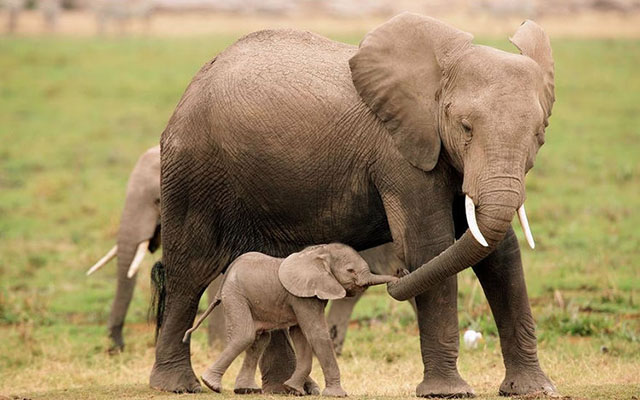Zimbabwe records progress against wildlife crimes

Herald Reporter
THERE has been a great improvement in the handling of wildlife crimes in the country’s courts of law following an accelerated mentorship drive for prosecutors and magistrates on the subject, a wildlife rights proponent has said.
In an interview on the sidelines of the Manicaland edition of the Zimbabwe Rapid Reference Guide training on wildlife crime yesterday, Speak Out For Animals founder and executive director Advocate Ever Chinoda, who is the facilitator of the countrywide training sessions, applauded the country’s laws on wildlife crimes.
“There has been a great improvement when it comes to wildlife crimes and how they are being handled in courts of law. We have seen a change in attitude as well as the time taken to see completion of cases relating to wildlife in our courts.
“We do have good laws that protect animals especially ones that deal with protected animals, any offence involving protected animal it is mandatory nine-year jail term, no option of community service. That has helped in the decline in such offences.
“Where we still have a problem or where we hope we will improve on is when we look at sentences that are given to cases involving other animals.
“A person can be made to pay an equivalent of US$200 after poaching an animal that they could have sold the meat, the skin and other parts for a value way bigger than the US$200. That is not deterrent enough for potential offenders,” she said.
Adv Chinoda said the absence of wildlife laws as a formal subject in law school has seen prosecutors and magistrates going to prosecute and adjudicate on wildlife related cases without prior theory on the value of animals and the sentences that are supposed to be preferred to perpetrators of such crimes.
“Wildlife crimes happen everywhere, within the region in Southern Africa and beyond. Our animals do not have borders they travel from Zambia, Zimbabwe, Tanzania and other countries. This is why these offences are prevalent everywhere and anywhere.
“This is against the background that we do not wildlife laws being taught as a formal subject in law school. So we now have prosecutors and magistrates going to prosecute and adjudicate on wildlife related cases without having had prior theory on the value of these animals and the sentences that are supposed to be preferred to perpetrators of such crimes.
“Here in Zimbabwe trainings of this nature have been going on just like in Namibia, Botswana or Zambia to protect wildlife through the legal system. I would like to acknowledge our donor Defra UK and our partners Space for Giants for aiding us in this noble cause,” she said.
The Mutare edition, which ends today (Friday), is the last of a series of similar training sessions that have been held around the country.
During yesterday’s session, legal practitioners in Mutare were equipped with requisite background knowledge on the value of wildlife to enable them to prosecute and adjudicate fairly when handling wildlife crimes.








Comments